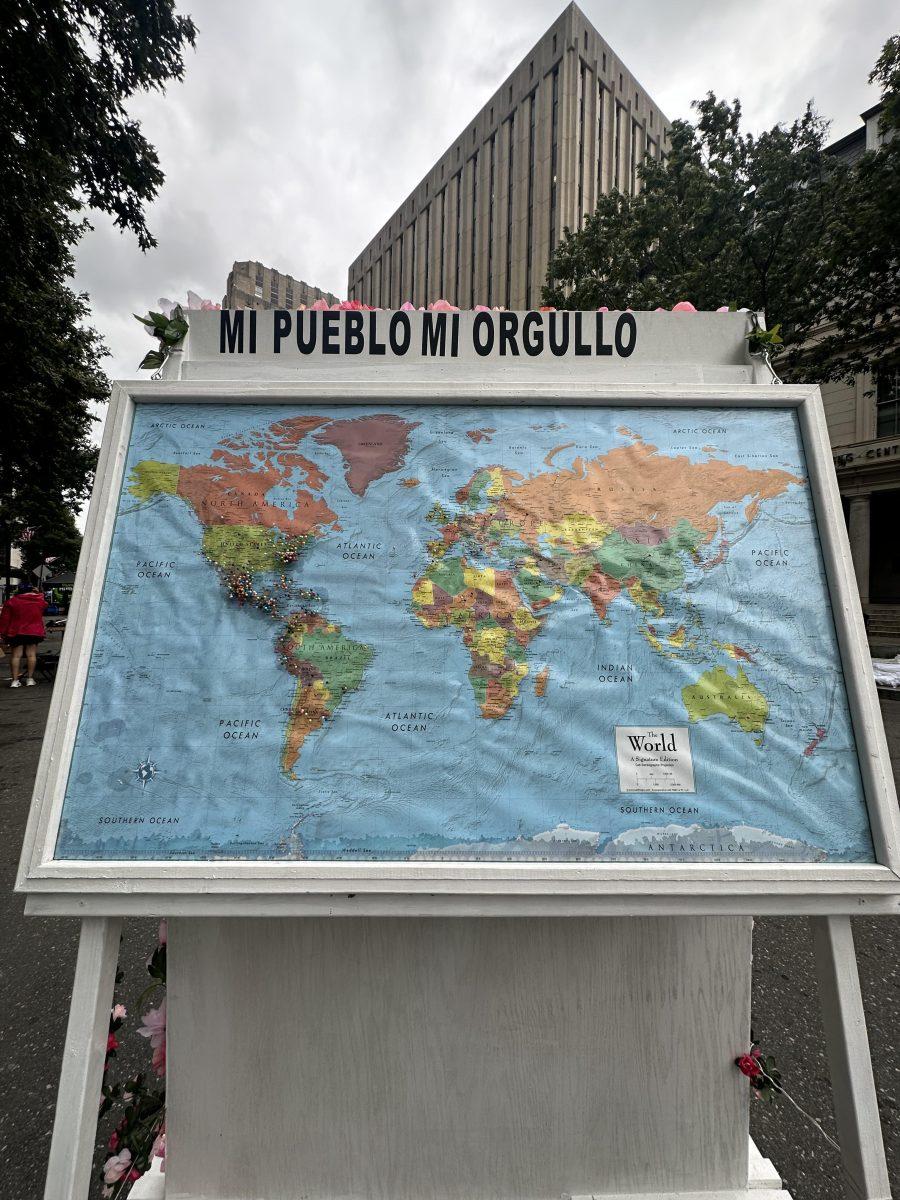Last Friday, the Mexican Congress passed a bill that will increase taxes on junk food and sugary drinks. In a press conference on the same day, Mexican president Enrique Peña Nieto held a press conference urging the Mexican legislature to pass further laws to tax unhealthy foods.
The bill will increase the price of foods which are high in saturated fats, sugars and salt, by 8 percent, and an additional tax to put a one peso tax on sugary sodas is still being debated.
Mexicans drink the greatest quantities of Coca Cola in the world at 43 gallons per person a year, which is 40 percent more than the average U.S. citizen, according The Guardian.
Peña Nieto called for more action to fight obesity in his country, stating emphatically that “We can’t keep our arms crossed in front of a real overweight and obesity epidemic . . . the lives of millions of Mexicans are literally at risk.” His anti-obesity campaign urges for a change in culture that would replace the stereotypical hour-long siesta with an hour of daily exercise.
Obesity campaigners worldwide have been looking to food and drink taxes as a way to encourage people to change their diet and reduce the amount of fattening food and drink they consume, according to The Guardian,
The problem of obesity in children is particularly troubling. Diets consisting largely of high-fat, high-sugar, high-salt, nutrient-poor foods, in combination with lower levels of physical activity, are cited as the main causes of obesity in children in low and middle income countries such as Mexico, where about 9 percent of children have diabetes.
Obese children everywhere are more likely to have high blood pressure and high cholesterol, breathing problems, increased risk of type 2 diabetes, and joint problems, as well as a plethora of social and psychological problems that can continue into adulthood.
The Mexican government has decided to face the problem by taxes that are designed to urge people to change their eating habits, despite the potential economic harm that the taxes could cause. In the near future, the government plans to introduce a nutritional stamp to indicate healthier foods on sale in supermarkets.
Countries such as Australia, Hungary and Samoa have successfully implemented taxes as high as 10 percent on sweetened drinks and sweets. Samoa has been taxing sugary drinks since 1984.
In Mexico, the money raised from the tax will go to health programs and greater access to drinking water in schools.




